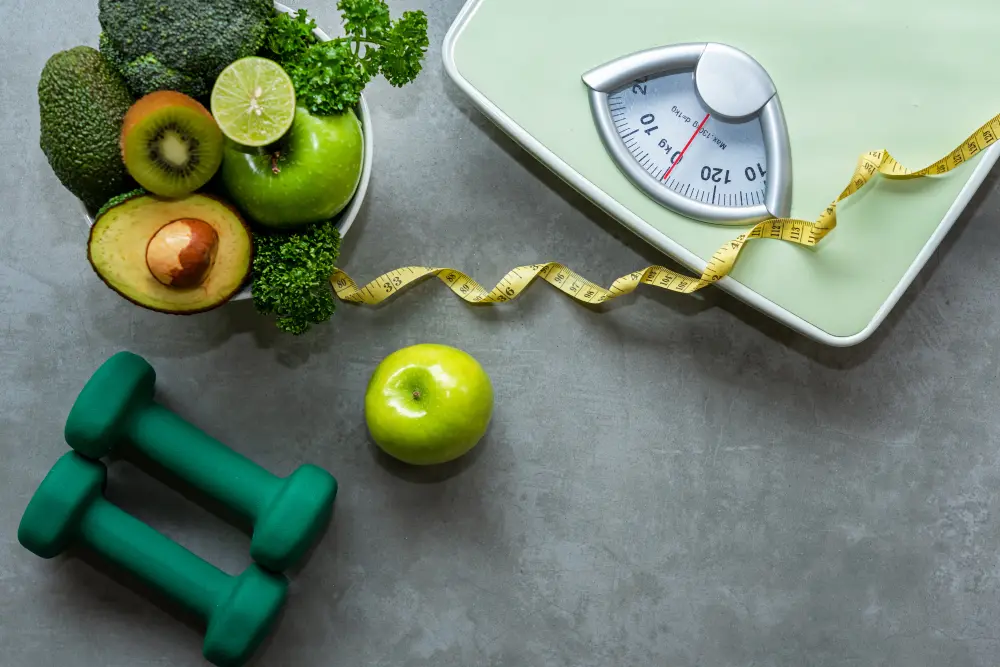Weight Loss Diet Tips
Are you tired of trying numerous weight loss diets without seeing any significant results? Well, you’re not alone. Losing weight can be a challenging journey, but with the right approach and a well-structured diet plan, you can achieve your goals effectively. In this article, we will explore some valuable weight loss diet tips that can help you shed those extra pounds and improve your overall health and well-being.
1. Set Realistic Goals
When embarking on a weight loss journey, it’s crucial to set realistic goals. Instead of aiming for drastic and quick weight loss, focus on gradual and sustainable progress. Losing 1-2 pounds per week is a healthy and achievable target. Setting small milestones along the way will keep you motivated and prevent frustration.
2. Create a Calorie Deficit
Weight loss is primarily driven by creating a calorie deficit, which means consuming fewer calories than you burn. Determine your daily calorie needs based on factors such as age, gender, weight, and activity level. Then, aim to reduce your calorie intake by 500-1000 calories per day. Be mindful of portion sizes and opt for nutrient-dense, low-calorie foods.
3. Include Lean Protein
Protein is an essential nutrient when it comes to weight loss. It not only helps in building and repairing tissues but also boosts your metabolism and keeps you feeling full for longer. Include lean sources of protein such as chicken breast, fish, tofu, beans, and Greek yogurt in your diet. These foods are not only satisfying but also promote muscle growth and aid in fat loss.
4. Load Up on Fiber
Fiber-rich foods are excellent for weight loss due to their low-calorie content and ability to keep you satiated. They also regulate your digestion and prevent overeating. Incorporate whole grains, fruits, vegetables, and legumes into your meals to increase your fiber intake. Not only will it support your weight loss efforts, but it will also improve your gut health.
5. Stay Hydrated
Water is often overlooked in weight loss journeys, but it plays a vital role in maintaining a healthy metabolism and promoting satiety. Drinking an adequate amount of water throughout the day can curb unnecessary hunger pangs and prevent mindless snacking. Aim to drink at least 8-10 glasses of water daily and replace sugary beverages with this calorie-free option.
6. Mindful Eating
Practicing mindful eating can significantly impact your weight loss progress. Slow down while eating, savor each bite, and pay attention to your body’s hunger and fullness cues. This approach allows you to enjoy your food more and prevents overeating. Minimize distractions, such as watching TV or using your phone, during meal times to fully engage in the eating experience.
7. Plan and Prepare Meals
Planning and preparing your meals in advance can help you make healthier choices and avoid impulsive, calorie-laden options. Set aside some time each week to create a meal plan, including breakfast, lunch, dinner, and snacks. Ensure your meals are balanced, consisting of protein, whole grains, healthy fats, and plenty of vegetables. Having nutritious meals readily available will make it easier to stick to your weight loss diet.
8. Get Moving
While diet plays a significant role in weight loss, incorporating physical activity into your routine is equally important. Engage in regular exercise that you enjoy, such as walking, jogging, cycling, or swimming. Aim for at least 150 minutes of moderate-intensity aerobic activity per week, along with strength training exercises to build lean muscle mass. Exercise not only burns calories but also improves your overall fitness and well-being.
9. Quality Sleep
Sleep deprivation can disrupt your hormones and increase cravings for unhealthy foods, leading to weight gain. Ensure you get adequate sleep of 7-9 hours per night to support your weight loss efforts. Establish a consistent sleep schedule, create a calming bedtime routine, and optimize your sleep environment for a restful night’s sleep. Prioritizing quality sleep will contribute to better weight management.
10. Seek Professional Guidance
If you’re struggling to navigate the world of weight loss diets, seeking professional guidance can be immensely helpful. A registered dietitian or nutritionist can assess your specific needs, provide personalized recommendations, and offer ongoing support and accountability. They will help you develop a customized diet plan that aligns with your goals, preferences, and lifestyle.
In conclusion, achieving successful weight loss requires a combination of healthy eating habits, regular physical activity, and a positive mindset. Incorporating these weight loss diet tips into your lifestyle can set you on the path to sustainable weight loss and improved overall health. Remember, consistency and patience are key, and always consult with a healthcare professional before making any significant changes to your diet or exercise routine. Start implementing these tips today and embark on your journey towards a healthier, happier you.



